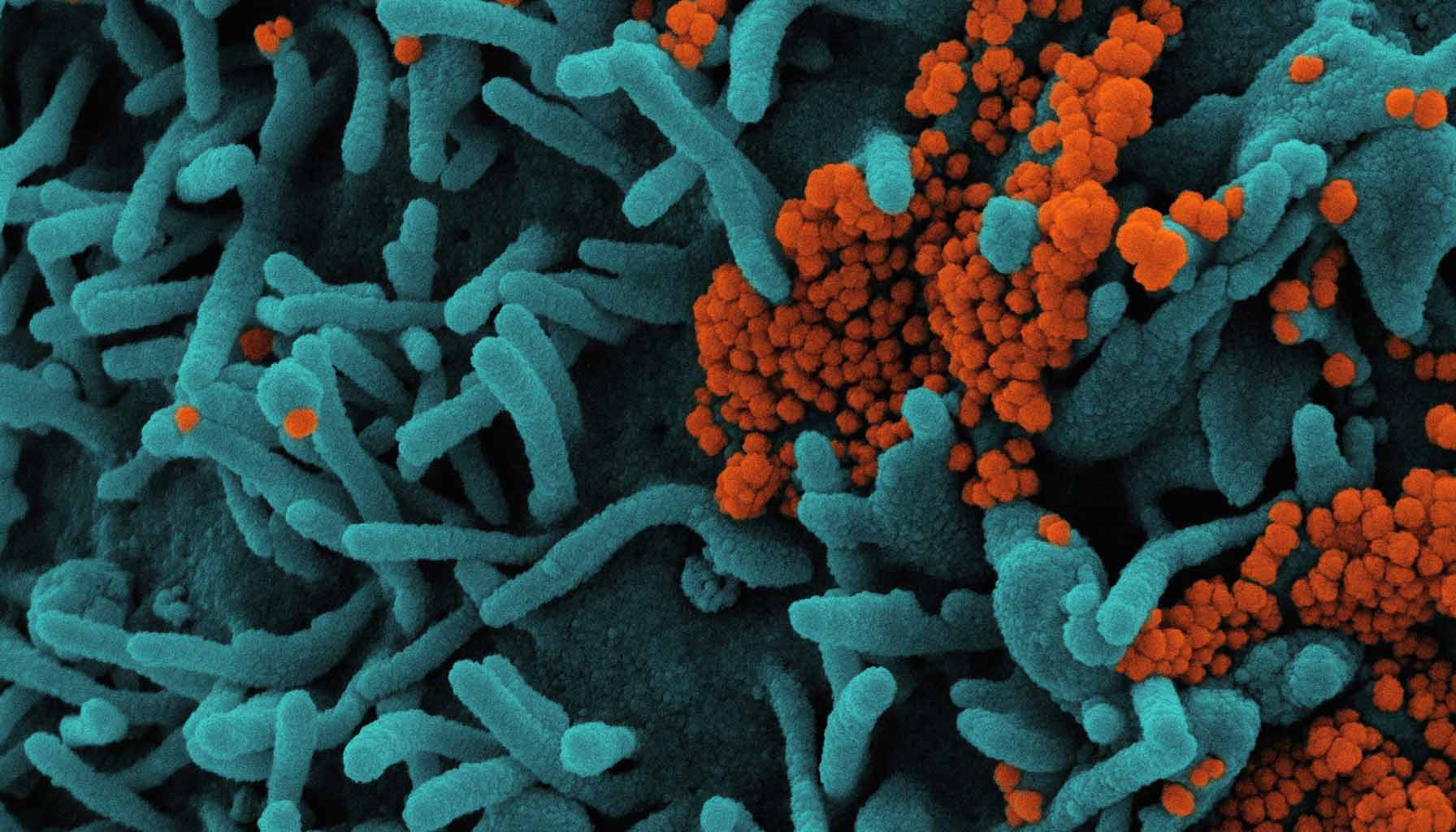When we think of microbes, the mind often leaps to thoughts of illness or contamination, images perpetuated by countless headlines and cautionary tales. Yet, this narrow view does us a disservice, masking the true extent of the microbial world and its profound impact on our lives and the planet. Microbes, in their most basic definition, are microscopic organisms that include bacteria, viruses, fungi, and protozoa. They are the unseen majority, inhabiting nearly every corner of the globe, from the depths of the oceans to the highest peaks, from the soil under our feet to the air we breathe.
The diversity of microbial life is staggering. Scientists estimate that millions of microbial species exist, many of which remain undiscovered or poorly understood. This diversity is not just in numbers but in the roles these tiny organisms play. Some microbes are pathogens, yes, but many more are benefactors, engaging in symbiotic relationships with plants, animals, and even humans. They are fundamental to processes such as decomposition, nutrient cycling, and even the regulation of climate. Without microbes, the Earth’s ecosystems would grind to a halt.
Dispelling the myth of microbes as mere agents of disease is the first step toward appreciating their crucial roles. For instance, in the human body, microbes form a complex ecosystem known as the microbiome. This community of bacteria, viruses, fungi, and other microorganisms outnumbers human cells and plays a vital role in digestion, immunity, and even mental health. Similarly, in the environment, microbial communities drive the decomposition of organic material, releasing essential nutrients back into the soil, supporting plant growth, and sustaining the food web. Understanding the ubiquity and diversity of microbes is key to grasping their indispensable roles in our lives and the health of our planet.
Let’s delve deeper into the fascinating roles of microbes, showcasing the myriad ways they contribute to our world. Starting with the natural processes, the role of microbes in digestion is paramount. In both humans and animals, certain bacteria are indispensable for breaking down food, converting it into nutrients that the body can absorb. This is not just about facilitating digestion; it’s about enabling survival, as without these microbial partners, many nutrients would remain inaccessible. Similarly, in the soil, microbes are at the heart of nutrient cycles, breaking down dead matter and recycling it into forms that plants can use. This process, in turn, supports the broader ecosystem, linking the health of the soil to the health of the planet.
Shifting our focus to human activities, the influence of microbes is equally compelling. In the realm of food production, for instance, microbes play a starring role. The art of fermentation, which gives us bread, cheese, yogurt, and wine, is a dance of microbial activity. Yeasts, a group of fungi, are the secret behind the rising of bread and the fermentation of beverages. Similarly, lactic acid bacteria are responsible for the tang of yogurt and the texture of cheese. Beyond food, microbes are also pivotal in biotechnology, serving as tiny factories for producing antibiotics, insulin, and even biofuels. This harnessing of microbial power is a testament to human ingenuity, turning the unseen into allies in health, energy, and beyond.
The frontier of microbial research stretches far beyond current applications in food production and biotechnology, harboring potential that could revolutionize our approach to health and environmental sustainability. As we peer into the future, the promise of microbial research is not just in refining what we already know, but in uncovering entirely new ways that microbes can benefit our world. One of the most exciting areas of research lies in the realm of medical science, where the study of the human microbiome is shedding light on the complex interplay between microbes and human health. Researchers are exploring how changes in the microbiome can influence a range of conditions, from autoimmune diseases to mental health disorders, opening new pathways for treatment and prevention.
Moreover, the environmental applications of microbial research are equally promising. Scientists are harnessing the power of microbes to address some of the most pressing environmental challenges of our time, including climate change and pollution. For instance, certain bacteria are being studied for their ability to sequester carbon dioxide, offering a potential tool in mitigating greenhouse gas emissions. Similarly, the use of microbes to break down pollutants in soil and water represents a natural, sustainable approach to remediation that could transform how we manage environmental contamination.
The journey into the microbial world is only beginning, and its potential is as vast as the universe of microbes itself. Fostering a deeper understanding of these microscopic beings is not just an academic endeavor; it is a crucial step toward harnessing their capabilities for the betterment of humanity and the planet. As research progresses, the dialogue between science and society must also evolve, embracing the complexity and importance of microbes in our world. With continued exploration and open minds, the future of microbial research promises to unfold in ways we can scarcely imagine, offering hope and innovative solutions for generations to come.
